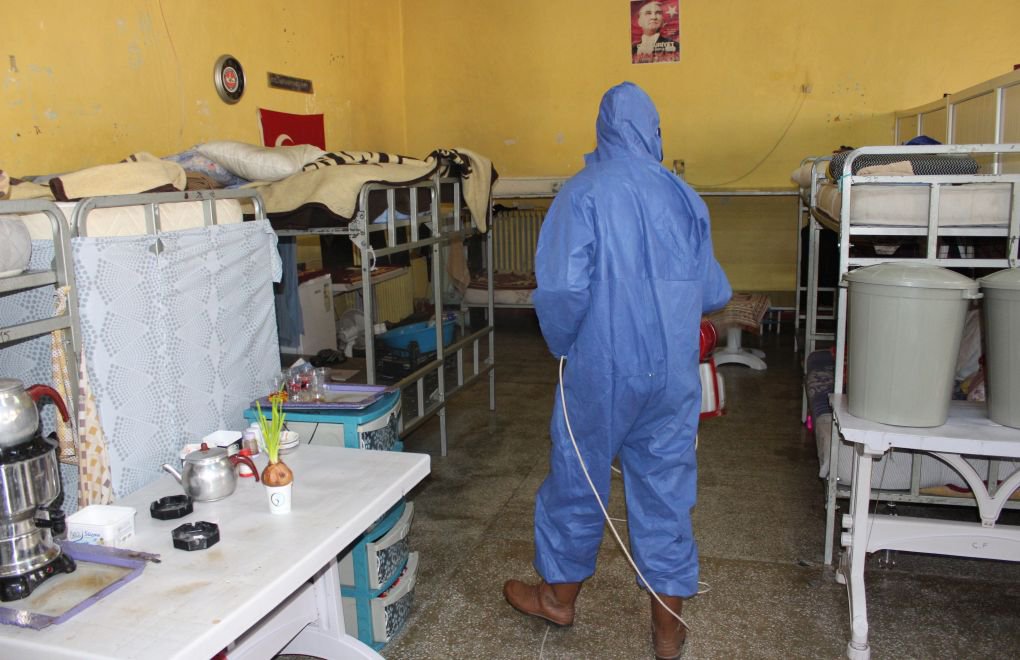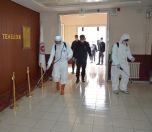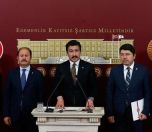* Photo: Ramazan Kaya - Kayseri / AA
Click to read the article in Turkish
Releasing a statement, the Human Rights Watch (HRW) has noted that "the most vulnerable inmates must be offered alternatives to prison."
The Human Rights Watch examined 14 cases of prisoners whose health puts them at the gravest risk and who should be considered eligible to benefit from measures to shield them from the virus.
Based on this examination, the organization has called on the authorities in Turkey to include the inmates whose underlying health conditions put them at risk of COVID-19 in its plans for early release on parole or house arrest despite their conviction under the Anti-Terror Law (TMK).
The law draft on criminal enforcement excludes the ones convicted under the TMK. The government has announced that 90 thousand people will benefit from the law which foresees early release on parole and house arrest for several categories of prisoners, among them pregnant women, older people with medical conditions, and those with limited sentences left to serve.
'They are jailed form their political views'
"When taking action to protect prisoners from the COVID-19 virus, those at gravest risk should not be left out of consideration," HRW Europe and Central Asia Director Hugh Williamson has said and added:
"The Turkish government's positive proposal to reduce overcrowded prisons is undermined by the blanket exclusion of thousands of inmates convicted on terrorism charges, including those at risk of death from the virus and those who should not be in prison in the first place.
"For vulnerable prisoners, the COVID-19 pandemic risks turning a prison sentence into a death sentence. Prisoners who have been jailed for little more than their political views should be able to benefit from the early release law."
'Inconsistent preventive, protection measures'
The Human Rights Watch interviewed 28 lawyers and family members of prisoners, 2 former prisoners, and representatives of nongovernmental organizations working on prisons about overcrowded prison conditions and the situation in the wake of the COVID-19 pandemic.
"They described inconsistent preventive and protection measures for disease in prisons, including whether staff wear protective masks or whether masks and cleaning materials are provided to prisoners," the organizations has commented based on these interviews.
"Most journalists, politicians, and rights defenders in prison are still on remand facing trial on terrorism charges," it has added further.
In the context of the COVID-19 pandemic, the Council of Europe's European Committee for the Prevention of Torture (CPT) has recommended that governments provide alternatives to deprivation of liberty to ease overcrowding and offer "screening for COVID-19 and pathways to intensive care" for those most vulnerable. (AS/SD)






kscms.jpg)
